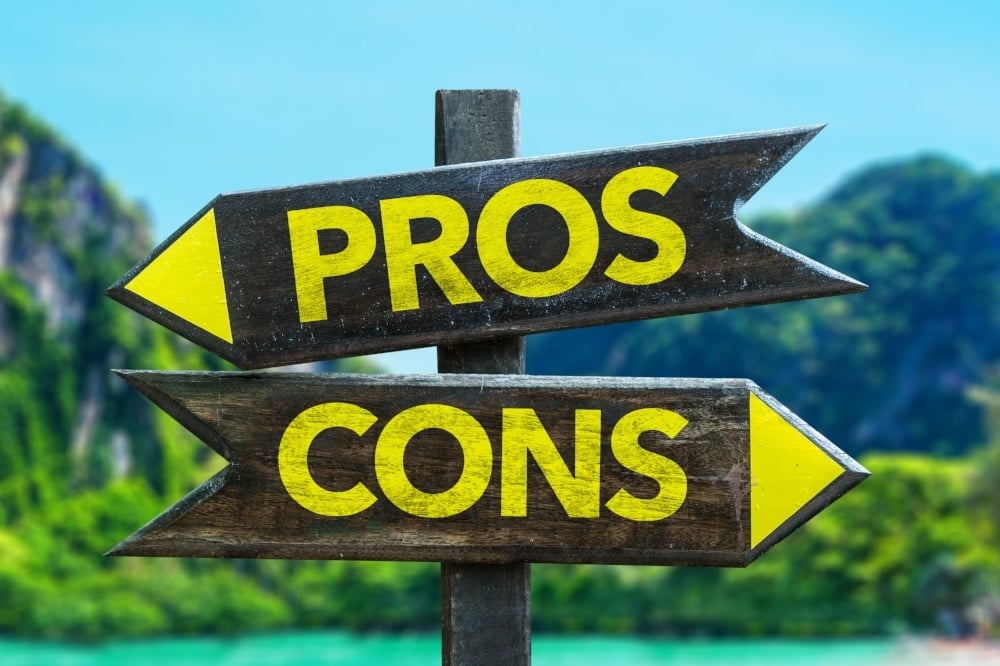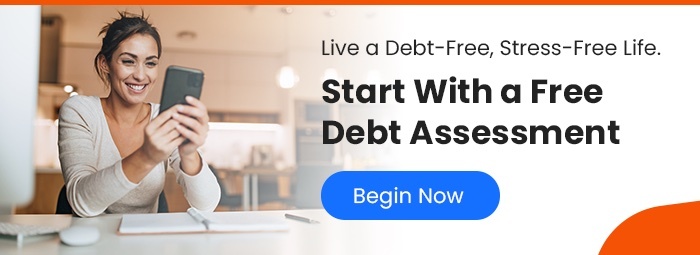
Have you ever played a game of whack-a-mole? The object of the game is to whack a little mechanical critter with a hammer when it pops up from one of five holes. The challenge of the game is to try to get ahead of the critters so that you don’t miss one.
For many, paying off debt is like a game of whack-a-mole. No sooner do you make a payment when another bill appears. Keeping ahead of the payments soon becomes impossibly complex when you have multiple sources of debt.
There are a number of benefits and a number of risks that come with debt consolidation loans. Let’s explore some of the pros and cons:
Pro: Consolidation Loans Simplify Your Loans
Debt consolidation loans can help simplify your debts. By getting one large loan in order to pay off your smaller loans, you will get a sense of the true costs or extent of your debt. Many people have no idea how much money they really owe. Once you begin to pay off your consolidated loan, you may begin to feel more in control of your debt. For many people, the biggest challenge is getting started. A consolidation loan helps you get started.
Con: Could Lead to More Debt
Perhaps one of the top benefits of a debt consolidation loan is that there are no setbacks to your credit rating—so long as you don’t default on your consolidation loan payments and you eventually pay your debt off in full. Also, if a consolidation loan is properly set up, your monthly payment should be lower.
There are some negative consequences with a debt consolidation loan that you’ll want to avoid so as to not make your debt situation worse:
-
Make sure you are getting a lower interest rate: Consolidating your debts into an unsecured loan may carry an interest rate that is higher than what you were paying.
-
Avoid incurring more debt: Once you sign your consolidation loan, it’s time to cut up your credit cards.
Pro and Con: Consolidation Loans Vary by Type
Debt consolidation loans can be either secured or unsecured. When you get a secured loan, you need to pledge an asset or collateral as “security” for your lender in the event that you default on the loan. While you will get a lower interest rate with a secured loan, you risk losing that asset if you default.
Unsecured consolidation loans can be hard to get if you don’t have great credit. You may need to shop around to make sure that the interest rate is lower than the average rates of your original loans. Be sure to pay attention to the term of the loan. While the interest rate and your payments might be lower, you may be paying more in interest if you take longer to pay it off.
As a final word of caution: Carefully read the fine print. Credit card companies want you to consolidate all your debt on their credit card. They will typically offer a short period of time to pay back the loan with an absurdly low interest rate to tempt you. Just be aware that if you don’t pay off the balance in full by the end of the trial period (often six months), you will be paying high interest rates on the new higher balance.
Consolidating your debts can help you keep unexpected bills from popping up. Just be careful to weigh all the pros and cons in your decision about whether to make a consolidation loan part of your plan to get out of debt. And if you need some extra advice, call 1.800.267.2272 to book a free counselling session with one of our certified counsellors. They’ll be able to tell you what’s your best option given your particular situation.
Frequently Asked Questions
Have a question? We are here to help.
What is a Debt Consolidation Program?
A Debt Consolidation Program (DCP) is an arrangement made between your creditors and a non-profit credit counselling agency. Working with a reputable, non-profit credit counselling agency means a certified Credit Counsellor will negotiate with your creditors on your behalf to drop the interest on your unsecured debts, while also rounding up all your unsecured debts into a single, lower monthly payment. In Canada’s provinces, such as Ontario, these debt payment programs lead to faster debt relief!
Can I enter a Debt Consolidation Program with bad credit?
Yes, you can sign up for a DCP even if you have bad credit. Your credit score will not impact your ability to get debt help through a DCP. Bad credit can, however, impact your ability to get a debt consolidation loan.
Do I have to give up my credit cards in a Debt Consolidation Program?
Will Debt Consolidation hurt my credit score?
Most people entering a DCP already have a low credit score. While a DCP could lower your credit score at first, in the long run, if you keep up with the program and make your monthly payments on time as agreed, your credit score will eventually improve.
Can you get out of a Debt Consolidation Program?
Anyone who signs up for a DCP must sign an agreement; however, it's completely voluntary and any time a client wants to leave the Program they can. Once a client has left the Program, they will have to deal with their creditors and collectors directly, and if their Counsellor negotiated interest relief and lower monthly payments, in most cases, these would no longer be an option for the client.








